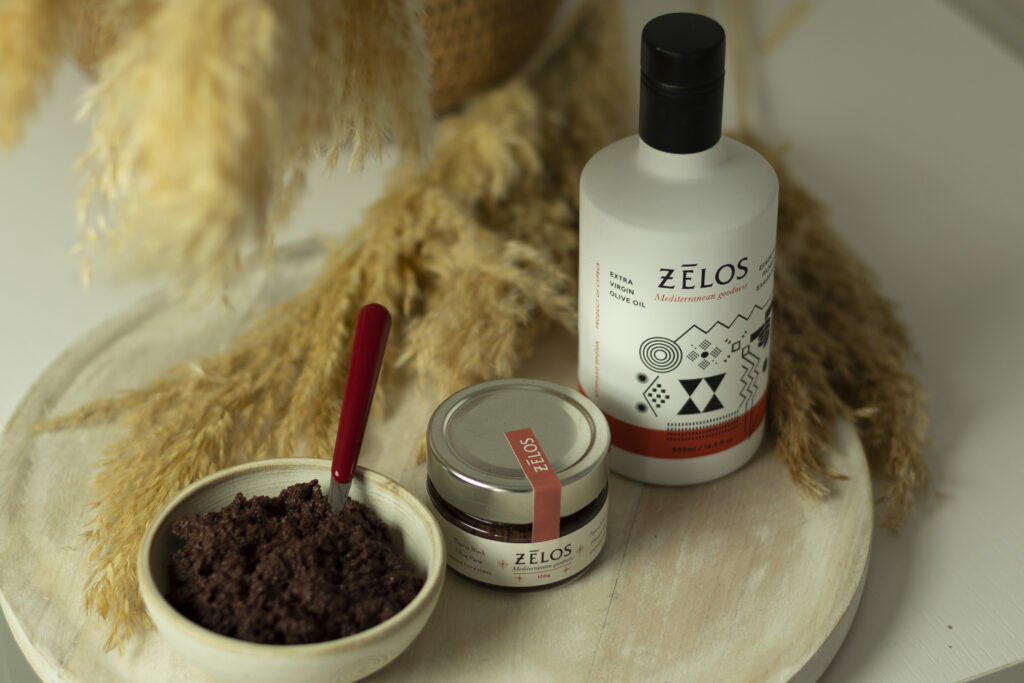ZELOS is embracing World Earth Day

Today is the 53rd anniversary of Earth Day. First celebrated in 1970, it now includes events in more than 192 countries. Every year, April 22 is celebrated as Earth Day, an annual event where people take time out to demonstrate their support for protecting the planet and its environment. Yet we must remember that is about more than a single day.
When it comes to environmental sustainability and honoring Mother Earth, few foods are as deeply rooted with eco-friendly origins as extra virgin olive oil. We can reflect with pride on how Zelos contributes to its unique community and environment of origin.
Sustainable production and environmental care have become prerequisite for our farmers. Respect for the environment and communities in which we operate has always been a key consideration for Zelos team.

How sustainable is extra virgin olive oil?
A key advantage of extra virgin olive oil when compared to other mainstream cooking oils is the olive tree’s ability to act as a carbon sink. This means that olive trees trap more carbon from the atmosphere than they release. It’s also cold-pressed, meaning there is no heat used in this process. According to provisional scientific studies conducted by the International Olive Council (IOC), one hectare of olive trees cancels out one person’s annual carbon footprint. The production of a litre of olive oil captures 10.64 kg of atmospheric carbon dioxide (CO2). Moreover,the world production of olive oil could absorb the emissions of a city of more than 7 million inhabitants such as Hong Kong.
The traditional olive oil farms
There’s a big debate on the water usage of olive groves. It is widely said that the production process includes large waste of water for irrigation. Yet, traditional olive oil farms have relatively low inputs and thus low negative impacts. A study from the University of Jaén shows that traditional olive groves directly combat climate change and cause far less environmental damage than intensive cultivation methods.
We created ZELOS to support those small farrmers who represent Mediterranean goodness. Our farmers use little to no chemicals with lower density tree plantations which have a higher value in terms of biodiversity and landscape. Also water management is better with the least negative effects on the environment.

